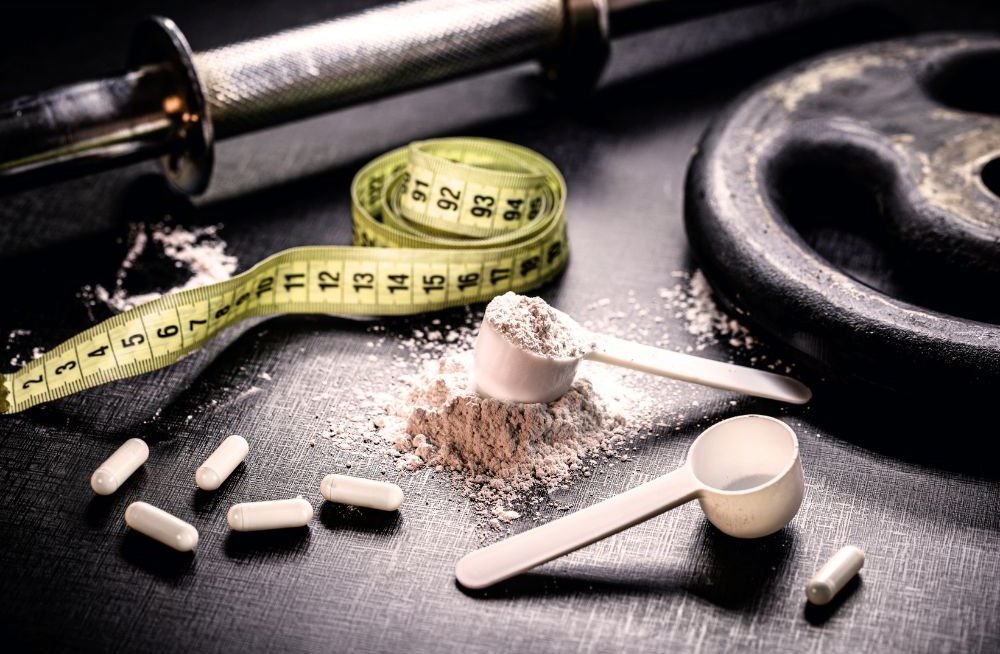When navigating the world of fitness nutrition, two terms often come up: BCAAs (branched-chain amino acids) and protein. While both are crucial for muscle health and recovery, they serve different purposes and have distinct characteristics. This article explores the differences between BCAAs and protein, helping you make informed choices about your supplementation and nutrition strategy.
What Are BCAAs?
BCAAs are composed of three essential amino acids: leucine, isoleucine, and valine. These amino acids are classed as “branched-chain” because of their distinct chemical structure. Unlike most amino acids, BCAAs are primarily metabolized in the muscle rather than the liver, which makes them particularly beneficial for exercise performance and recovery.
What Is Protein?
Protein is a macronutrient composed of long chains of amino acids. It plays a vital role in building and repairing tissues, producing hormones, and supporting overall bodily functions. Dietary proteins can be sourced from both animals (meat, dairy, eggs) and plants (beans, legumes, nuts). Unlike BCAAs, protein contains all 20 amino acids, including the nine essential ones that the body cannot synthesize.
Key Differences Between BCAAs and Protein
1. Composition
- BCAAs: Composed solely of three specific amino acids (leucine, isoleucine, and valine).
- Protein: A complete source containing all essential and non-essential amino acids necessary for various bodily functions.
2. Function and Purpose
- BCAAs: Primarily support muscle recovery and help reduce exercise fatigue. They play a significant role in stimulating muscle protein synthesis and preventing muscle breakdown during workouts.
- Protein: Essential for overall health and wellness, protein is crucial for muscle growth, repair, hormone production, and immune function.
3. Usage Timing
- BCAAs: Often consumed before, during, or after workouts for quick energy and recovery support. They can be particularly useful during long or intense training sessions to minimize muscle fatigue.
- Protein: Typically consumed post-workout to support muscle recovery and growth, but it should be included throughout the day to meet overall protein needs.
4. Digestion and Absorption
- BCAAs: Absorbed rapidly into the bloodstream, providing quick energy and support during workouts.
- Protein: Takes longer to digest, requiring complex processes to break down into individual amino acids, which are then absorbed.
Benefits of BCAAs
- Reduced Muscle Soreness: BCAAs can help decrease muscle soreness following intense workouts, allowing for quicker recovery.
- Enhanced Exercise Performance: They may help reduce fatigue during prolonged exercise, enabling you to train harder and longer.
- Muscle Preservation: BCAAs can help prevent muscle breakdown, especially beneficial during calorie-restricted diets or intense training periods.
Benefits of Protein
- Muscle Growth and Repair: Adequate protein intake is crucial for building and repairing muscle tissues after exercise.
- Weight Management: High-protein diets can promote feelings of fullness, aiding in weight loss or maintenance.
- Overall Health: Protein supports various bodily functions, including immune response and hormone production.
Which Should You Choose?
Choosing between BCAAs and protein depends on your specific fitness goals and dietary needs:
- For Quick Recovery: If your focus is on enhancing recovery and energy during workouts, BCAAs can be beneficial, particularly for endurance or high-intensity training.
- For Muscle Building: If your primary goal is muscle growth and overall health, protein supplements or whole food sources are likely the better option due to their complete amino acid profile.
Conclusion
BCAAs and protein both play vital roles in fitness nutrition, but they serve different purposes. BCAAs are ideal for immediate recovery and energy support during workouts, while protein is essential for overall muscle health and bodily functions. Depending on your workout routine and goals, incorporating both into your diet may provide optimal results. Always consider your individual needs and consult a healthcare or nutrition professional if you’re uncertain about the best approach for your fitness journey.

